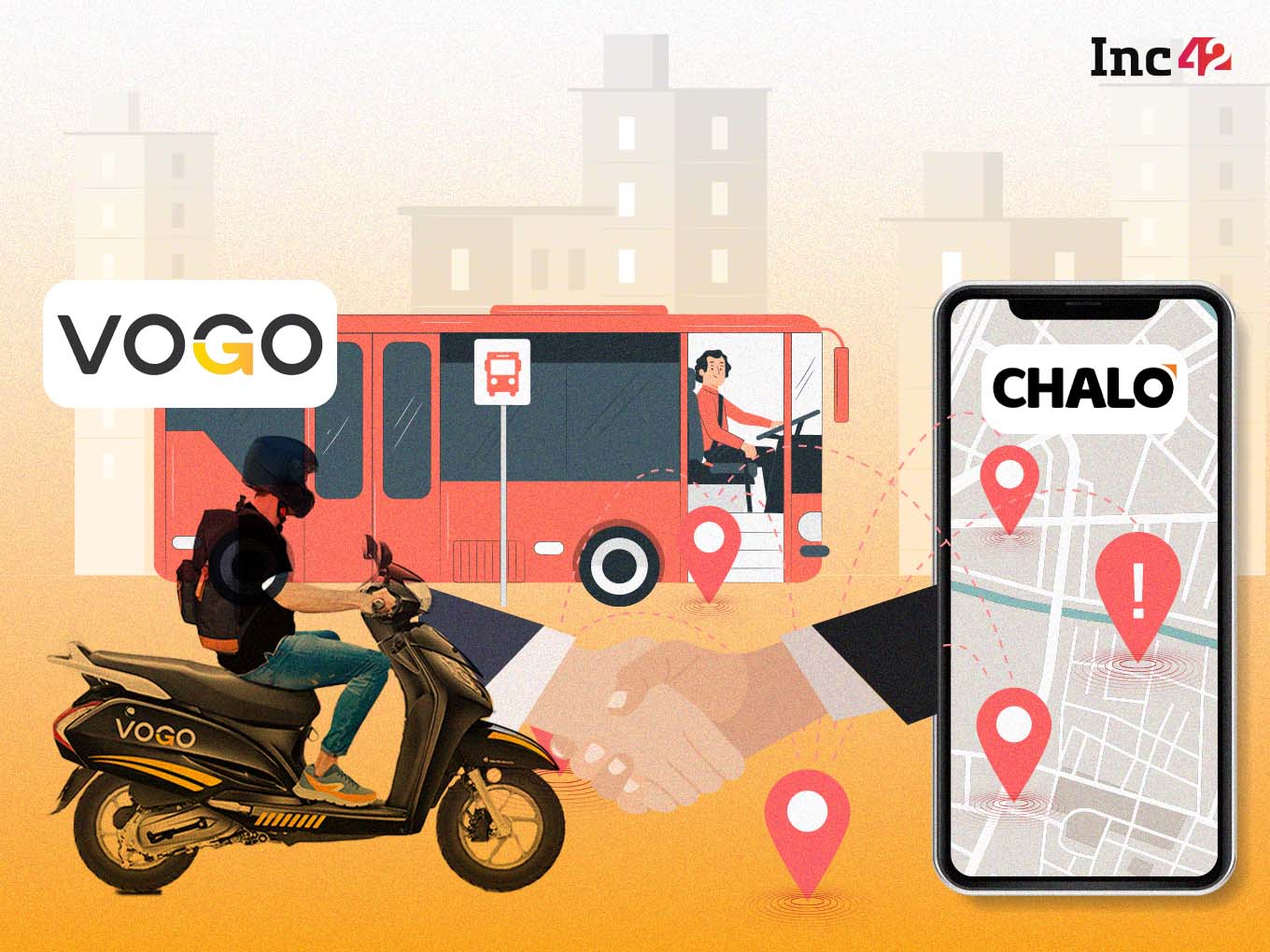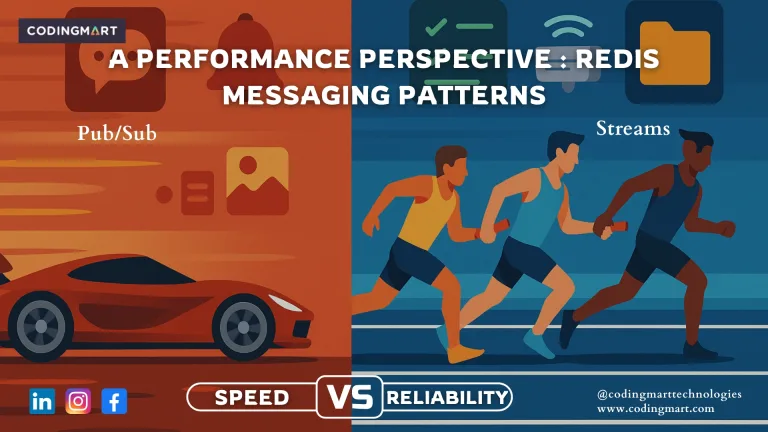blogs
Discover Vogo: The Radical Bike Rental Platform's Outlook

Covid has left many of the businesses in bewilderment. Commuting and Transportation is one such sector that became prey to the cruel COVID-19. People chose not to come out and to prefer their own vehicles, in case they needed to come out. This hit many of the bike and car rental companies hard.
As the nation is being unlocked, the automobile rental companies slowly started to gain momentum. Even though they seem to be alright, the companies found it difficult to manage things with less manual intervention.
Vogo, the Bengaluru-based bike rental startup, was determined to take down the challenges and capture this market by using technology. It was the Internet of Things(IoT) technology that has helped Vogo, to let its users pick up a scooter from anywhere and drop it off upon reaching the destination.
Taking us through the application of IoT in their business, Anand Ayyadurai, Co-founder and CEO, Vogo, says: “From the very early days, we invested heavily in building IoT technology for our scooters. This serves a twin purpose – it makes the entire booking process automated, enables faster scale, and allows us to remotely monitor and control the scooter, ensuring the security of the asset.”
” After the COVID-19 pandemic hit India, the subsequent lockdowns had a major implication for micro-mobility in cities. We realized that a long-term scooter rental could substitute personal scooter ownership and launched Vogo Keep, which saw a great pull in the market. Over two months after the lockdown, we tried to enhance Vogo Keep with features like home drops and easy renewals; these saw immediate traction,” Anand adds.
Vogo has leveraged the IoT to offer “keyless” vehicles to its customers. This ensures there’s no human intervention as the need to exchange keys was avoided. Once the customers register with their app, they can use their mobile’s Bluetooth to connect with the IoT device on the scooter and operate the vehicle without a key.
In addition, Vogo has given utmost precautionary measures such as sanitization. It followed a 4 step sanitization process for every vehicle and a timestamp of the same was provided in the app to let the customers know when the vehicle was last sanitized. The app initially was named Planyo, which was a very basic app with an unattractive UI. Later, the founders revamped it with all the necessary tools and feature a user would expect.
The IoT revolution wasn’t a day’s work. Till 2015, Vogo was completely manual in operation. A field executive would hand over the keys of scooters to customers. At that time, Vogo only had 200 scooters with them. It was at a later stage, they saw the delightful future and potential that IoT has and heavily invested in it, which later has been a turning point in scaling their business. Today, Vogo has more than 20,000+ scooters and 500+ docks.
With sensational use of modern technologies, Vogo now contends with companies of its kind such as Rapido, Bounce, Zoomcar, Drivezy, etc. It is functional in Bengaluru and Hyderabad, available across 500 points. The startup recently raised a huge amount ($25 million) in Series C funding. Since its launch, Vogo has covered over 13 crore km, which is the largest distance covered in the 2W rental automobile industry.
Interested to know in what ways did Vogo leverage IoT? Stay tuned for our upcoming blogs as we’ll be focusing more on this in our future blog!


